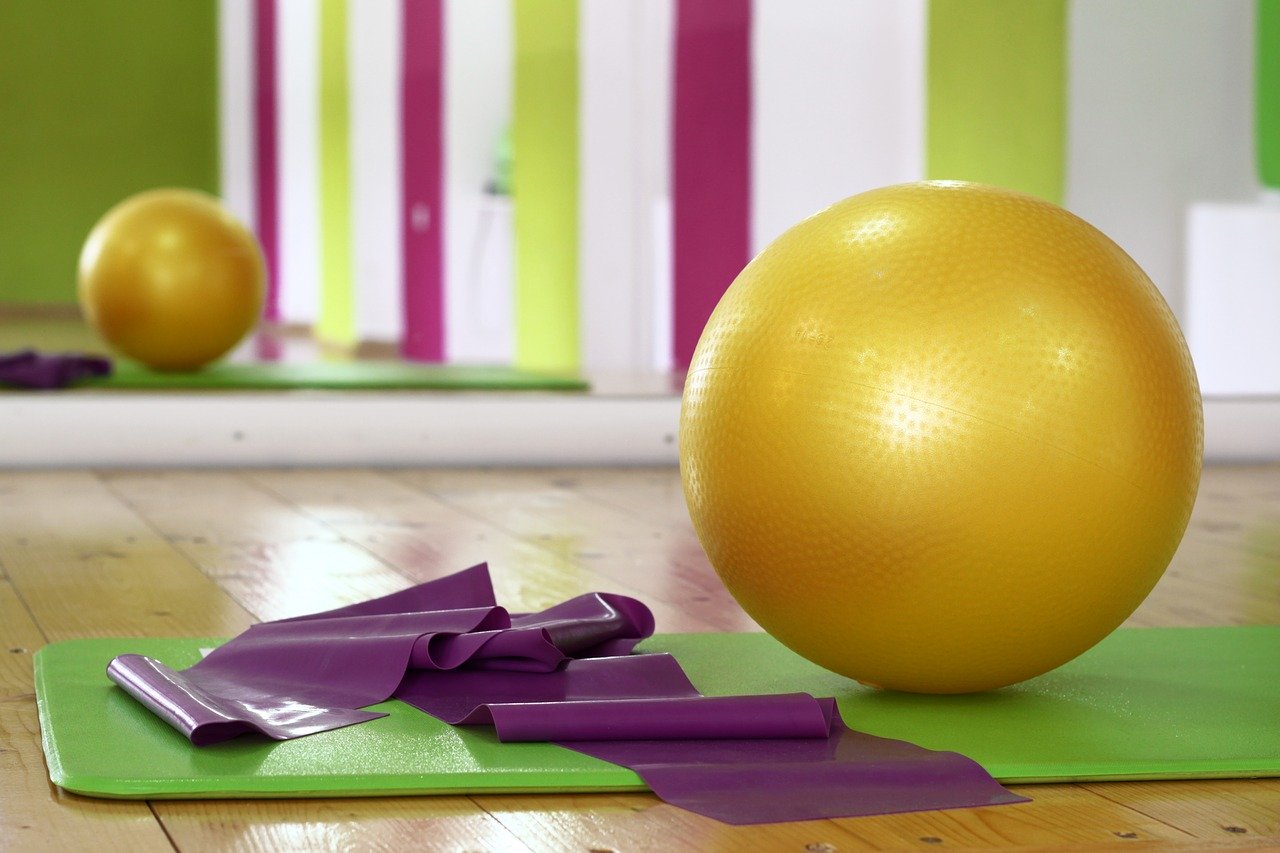For many sufferers, sleep apnea is a chronic disease for which there is no straight-forward cure. Luckily, there are a number of lifestyle changes which can have a positive impact on sleep apnea symptoms. One of these is increasing activity levels. Here we consider five potential benefits that taking more exercise may bring to people living with sleep apnea.
Losing weight
Studies show that even modest weight loss can result in a measurable improvement in symptoms. Exercise burns additional calories compared to remaining sedentary, as well as providing a distraction from the temptation of boredom eating.
Improved cardio-vascular function
Done regularly, exercise that gets participants out of breath improves cardio-vascular performance. This means lung performance is improved and the heart muscle is strengthened. These positive changes frequently reduce the severity of sleep apnea symptoms.
Enhanced relaxation
Exercise that encourages deep breathing and muscle relaxation can be useful in preparing the body for a peaceful slumber. With many sleep apnea sufferers dreading the prospect of another restless night, activities such as yoga, tai chi and qigong can help to facilitate relaxation, increasing the chances of good-quality sleep.
Improved mental health
During exercise (particularly if it’s vigorous), the body produces “feel good” hormones called endorphins. These create a feeling of mental well-being. The limitations which sleep apnea can place on people’s day-to-day lives can result in anxiety and depression, made worse by the physical effects of the condition. Endorphins can go some way towards promoting positive mental health and feelings of well-being.
Specific exercises can support the airway and improve breathing
In addition to generic exercise, there are a number of specific exercises which sleep apnea patients can complete that are designed to improve the strength of the tongue and throat muscles. Performed regularly, after a few weeks, many patients notice an improvement in symptoms. Your sleep professional will be able to advise on a suitable exercise regime, based on your individual requirements.
Exercise brings a wide range of benefits to sleep apnea sufferers. As well as physiological advantages, exercise is also a great way to meet new people, enjoy the outdoors and learn fresh skills. With so many benefits, it’s little wonder that it’s a popular self-help option.

